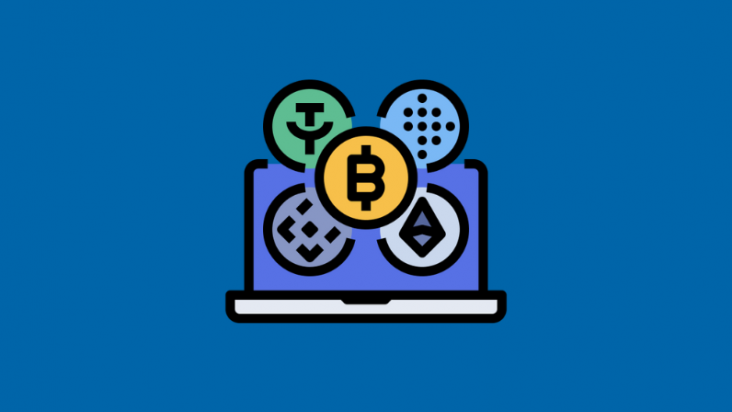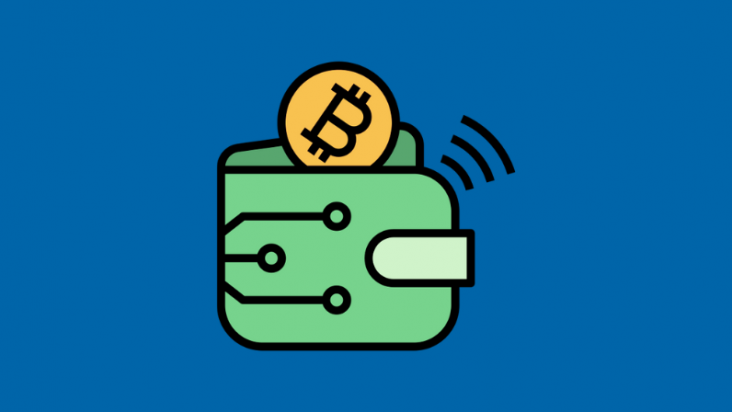
In today’s world, where technology is rapidly transforming reality, trust has become an especially valuable resource. This is particularly relevant in the field of online casinos, where the stakes go far beyond numbers on a screen—real money, emotions, and players’ hopes are involved. Online gaming platforms require absolute confidence in the honesty and transparency of their processes.
Blockchain and cryptocurrencies bring the necessary resilience and openness to the industry, qualities that had long remained unattainable. Distributed ledger technology makes it possible to verify the authenticity of every draw, eliminating any opportunity for manipulation. Cryptocurrencies, in turn, enable financial transactions without intermediaries, ensuring both independence and security. All of this creates an ecosystem where user experience is built on genuine transparency rather than marketing promises.

Trust as a Key Factor
When a person cannot see the finer details and must rely on voice assistants, the interface must be not only convenient but also reliable. In the world of online casinos, where the stakes are high and opportunities for fraud are numerous, a lack of trust can quickly drive away even seasoned players.
For a long time, traditional online casinos were built around intermediaries—banks, verification systems, internal accounting. With the advent of blockchain, everything changed. The concept of “provably fair” came into focus, bringing with it new standards of transparency.
About Provably Fair
The provably fair system is the foundation of trust in modern crypto casinos. It allows players to independently verify the fairness of each game round using open cryptographic methods. Unlike traditional casinos, where the result is generated on the operator’s side and remains opaque, in provably fair systems, the outcome is formed through the participation of both the casino and the player.
The mechanism works as follows: before the round begins, the casino publishes a hash of a pre-generated result. The player contributes their part—a random number or seed—which, combined with the casino’s data, creates a unique game outcome. After the round ends, the full result becomes available and can be verified against the originally published hash. This eliminates the possibility of altering the outcome after the game has started. Everything can be checked—no hidden manipulations or unknown algorithms.
Online casinos such as MbitCasino, BitStarz, FortuneJack, Stake, and 7BitCasino offer convenient tools for verifying hashes and decrypting game results directly within the interface. These platforms use provably fair technology, allowing players to independently confirm the fairness of each round.
Such systems increase the level of transparency: the player can be assured that game outcomes are not influenced by the casino or other users and are genuinely random. While the provably fair concept is not a guarantee of complete risk elimination, it nevertheless creates a more trustworthy environment compared to traditional casinos.
It is important to remember that having such tools is not the exclusive advantage of a single project. Increasingly, online casinos are implementing similar features, enabling users to make more informed decisions when choosing a gaming platform.
Transformation of Online Casinos
The development of cryptocurrency casinos reflects a steady trend toward increasing transparency and technical reliability of gaming platforms. As of today, most popular operators, including TrustDice, BC.Game, Primedice, DuckDice, Stake.com, and FortuneJack, have integrated support for provably fair. These solutions are becoming the industry standard, especially for platforms aimed at the crypto community. Exceptions still exist: for example, MbitCasino implements provably fair only in selected games.
Some existing casinos choose to operate as centralized platforms. Among them are BitStarz, MbitCasino, Stake.com, FortuneJack, TrustDice, BC.Game, Primedice, and DuckDice. This means that the management of gameplay, finances, and technical support is carried out centrally by the operator, which simplifies regulation but reduces the level of decentralization. Casinos like Edgeless and FunFair stand out as examples built on the Ethereum blockchain, where gameplay mechanics and outcome calculations are entirely handled by smart contracts.
From a licensing perspective, nearly all platforms operate under the jurisdiction of Curacao, including MbitCasino, BitStarz, Stake.com, TrustDice, BC.Game, and Primedice. Some, like FortuneJack, also use Curacao licenses, while Edgeless is licensed in Estonia. FunFair, as a fully decentralized project, does not have an official license, relying instead on the architecture and open code of its smart contracts.
Currency support across these platforms is generally similar: most support BTC, ETH, and LTC. Additionally, Stake.com includes XRP; FortuneJack and DuckDice support ZEC and XMR respectively. TrustDice offers EOS and USDT, while BC.Game stands out for its broad support of over 150 cryptocurrencies. Edgeless and FunFair are focused on Ethereum and the FUN token.
KYC requirements vary depending on the platform. TrustDice, Primedice, DuckDice, Edgeless, and FunFair do not require mandatory identity verification. Stake.com, despite its historical flexibility, has introduced mandatory KYC in recent years to activate bonuses and raise limits. On other platforms such as MbitCasino, BitStarz, BC.Game, and FortuneJack, identity verification may be requested when withdrawing large sums or in cases of suspected fraud.
It can be stated that the industry is moving toward a hybrid model: on one hand, elements of privacy and decentralization are preserved, especially in Ethereum-based projects; on the other hand, compliance requirements and KYC implementation are increasing under international regulatory standards. This makes provably fair an essential element of trust, and KYC a necessary element of legal compliance and the stable operation of operators going forward.
We have prepared a small dataset with examples:
| № | Name | License | Blockchain / Centralized | Provably Fair | Currencies | KYC Required |
| 1 | MbitCasino | Curacao | Centralized | Partial | BTC, ETH, LTC, DOGE, BCH | Sometimes on withdrawal |
| 2 | BitStarz | Curacao | Centralized | Yes | BTC, ETH, LTC, DOGE | Sometimes |
| 3 | Stake.com | Curacao | Centralized | Yes | BTC, ETH, LTC, XRP, DOGE | Yes |
| 4 | FortuneJack | Curacao | Centralized | Yes | BTC, ETH, LTC, DOGE, ZEC | Optional |
| 5 | TrustDice | Curacao | Centralized | Yes | BTC, ETH, EOS, USDT | No |
| 6 | BC.Game | Curacao | Centralized | Yes | BTC, ETH, +150 cryptos | Sometimes |
| 7 | Primedice | Curacao | Centralized | Yes | BTC, LTC, ETH, DOGE | No |
| 8 | DuckDice | None | Centralized | Yes | BTC, ETH, LTC, DOGE, XMR | No |
| 9 | Edgeless | Estonia | Blockchain (Ethereum) | Yes | ETH | No |
| 10 | FunFair | None, on-chain | Blockchain (Ethereum) | Yes | FUN, ETH | No |
Fast and Secure Transactions
Another important factor enhancing trust in online casinos is the speed and security of fund deposits and withdrawals. Using cryptocurrency as the primary means of payment avoids banking delays, intermediary fees, and third-party payment systems. Thanks to the decentralized nature of blockchain, transactions are processed directly between the user and the platform, resulting in minimal wait times, often just a few minutes.
Moreover, cryptocurrency transfers do not require the disclosure of personal data. The player does not need to provide banking details, submit document scans, or wait for support confirmations. This reduces the risk of data breaches and makes the process more private and secure.
This approach is particularly valuable for users living in countries with unstable financial systems, currency restrictions, or legal barriers to gambling participation. At the same time, the casino may still request documents (KYC), which slows down the process. This is standard practice even for licensed crypto casinos.
Many online casinos use two-factor authentication, encryption, and cold storage of funds for additional account security. All of this creates a sense of transparency and confidence that funds and data are safe.
Conclusion
The world of online casinos is changing. Instead of closed platforms with opaque rules, transparent systems are emerging where every action can be verified and every result can be confirmed. Provably fair is becoming not just a bonus, but a mandatory standard. Blockchain gives players tools for control, and decentralization removes intermediaries.
The next step in this journey is to understand how safe navigation through crypto casinos is implemented. Which bonus programs truly operate on the blockchain, and which are just marketing? And finally, what are decentralized casinos, and how do provably fair games differ from regular ones within them?
All of this will be covered in future articles.







